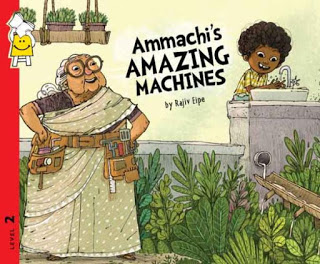Books to Help Talk About the Refugee Crisis

Via Institute for Human Education
The headlines are full of news about refugees – from war, climate, and other factors. And while we adults struggle with what to do and how to help, many children and young adults may also be seeking understanding and wanting some answers.
Here are 14 books for children and young adults that can help start the conversation.
“Gleam and Glow” by Eve Bunting
2001. Grades 2-5.
The war is coming closer to where Viktor and his family live. His father has gone off to fight with the underground, and most days refugees stop at their house to share food and stories. One refugee brings a pair of fish and begs Viktor’s family to care of them until they leave. “An extra day or two of life is as important to a fish as it is to us.” Eventually Viktor’s family must walk to the refugee camp many miles away, so Viktor puts the fish in a tiny pond by their house. After many months Viktor and his family return to their burned-out home. Nearly everything is destroyed – but in the pond are the fish and their offspring who survived despite the odds.
“The Lotus Seed” by Sherry Garland
1993. Grades 1-4.
Spare, beautiful text tells the story of how one girl’s grandmother fled civil war in Vietnam, with only a lotus seed she took from the emperor’s garden, to struggle to build a new life in the U.S. Throughout her life the lotus seed is a symbol of hope and life and a reminder of her country. When a grandson steals the seed and plants it (and then forgets where), the grandmother is inconsolable … until the seed blooms the next spring.
Our first stop was the old age home, or gyenso khang as it’s called, at Doeguling refugee camp, Mundgod. It’s the first old age home set up in exile, whose residentshave all journeyed from Tibet half a century ago. We were struck by the serenity and the hope of the people who had contended with so much. No one complained to us and we were met with a ready smile on every visit. From this came the story of Dorje’s Holiday at the Gyenso Khang. For our second title, we chose the most visible section of the Tibetan community, the sweater sellers. I didn’t meet Dorje, the sweater seller again but seeing the Tibetan sweater sellers dressed in their chubas and sitting in their stalls on the crowded Indian pavements, I couldn’t help but feel they must long for home sometime. And hence the story of Dolma Visits the City. Both these books are set in real places, among real people and animals even.
Read the entire interview and how you can get the books. You can also read the review of the books here.







